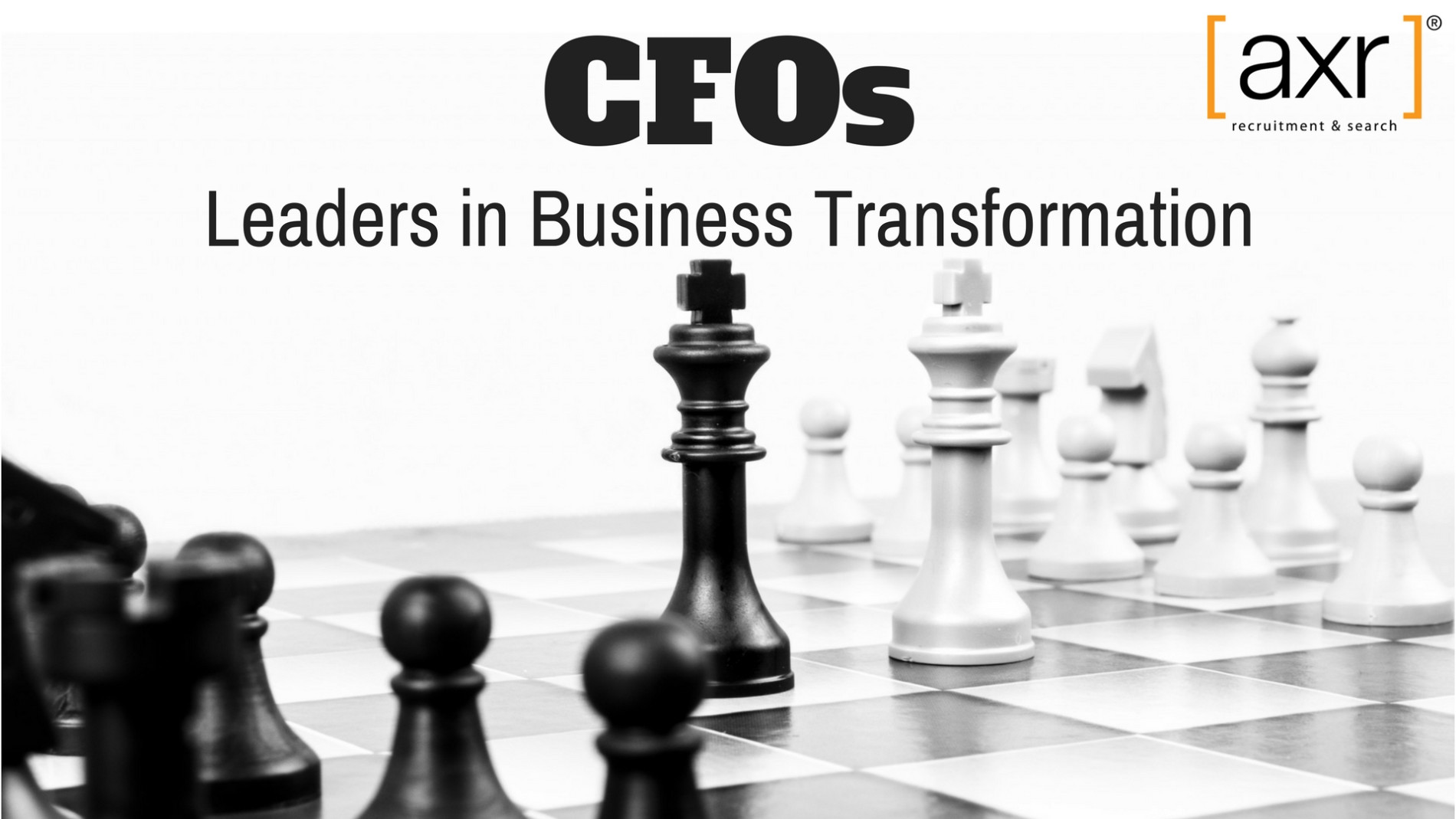The role of the CFO is clearly changing – increasingly becoming more strategic, more outward focused and more future focused. Often the right-hand person to the CEO, the CFO has considerable involvement in setting business strategy, and ensuring the delivery and optimisation of those strategies and the realisation of benefits and value.
Additionally, the CFO is in an ideal position to overview, harmonise and prioritise diverse business strategies and identify risks and rewards, particularly in more complex businesses. In these times of quickly changing markets and business interruption, the CFO and finance team play a crucial role identifying areas of a business that may be coming under pressure, as well as areas that may be expanding or thriving.
As Business Transformation becomes an integral and ongoing function within organisations and multiple projects and initiatives impact the business, the CFO is key to ensuring that value is maximised from new and existing business activities. They can assist in ensuring that transformation initiatives have meaningful benchmarks to gauge success and that managers focus on projects that promise the highest value to the organisation and translate to the bottom line.
Many CFO’s have had considerable experience driving transformation through their own functions as finance has often been one of the first areas of business to transform, driven by the implementation of new technology, the establishment of shared services functions, and the outsourcing and offshoring of the more transactional accounting. They often have first hand experience taking their teams through major change and can provide useful and practical advice on driving change successfully. The CFO can lead the way in driving simplified, efficient and compliant processes that provide the right information and empower managers to make the informed decisions about their businesses performance.
Businesses are needing to become much more agile and fast moving in terms of their products and service offerings to compete with new emerging competitors, including start-ups and new technology focussed businesses. To support these developing and changing frontline operations, the back office operations and support functions, including finance, need to be operating at optimal levels and the CFO again is well positioned to ensure this is in place.
The role of the CFO will only become more important in helping organisations successfully deliver on the full potential of a transformation and the contemporary CFO must consider expertise in transformation as a key component of their skillset.
Are you a CFO who needs to lead a business transformation? Find out more about our Finance: The Change management and Transformation Challenge boardroom forums or register your interest in participating below:
We would love to hear your thoughts. Feel free to comment on our LinkedIn, or Twitter or register to receive monthly via email.

